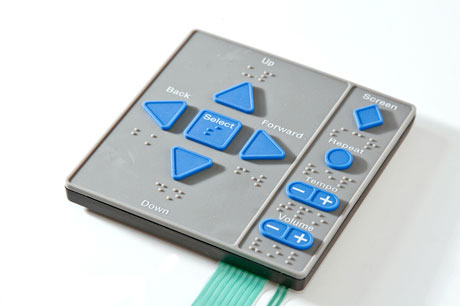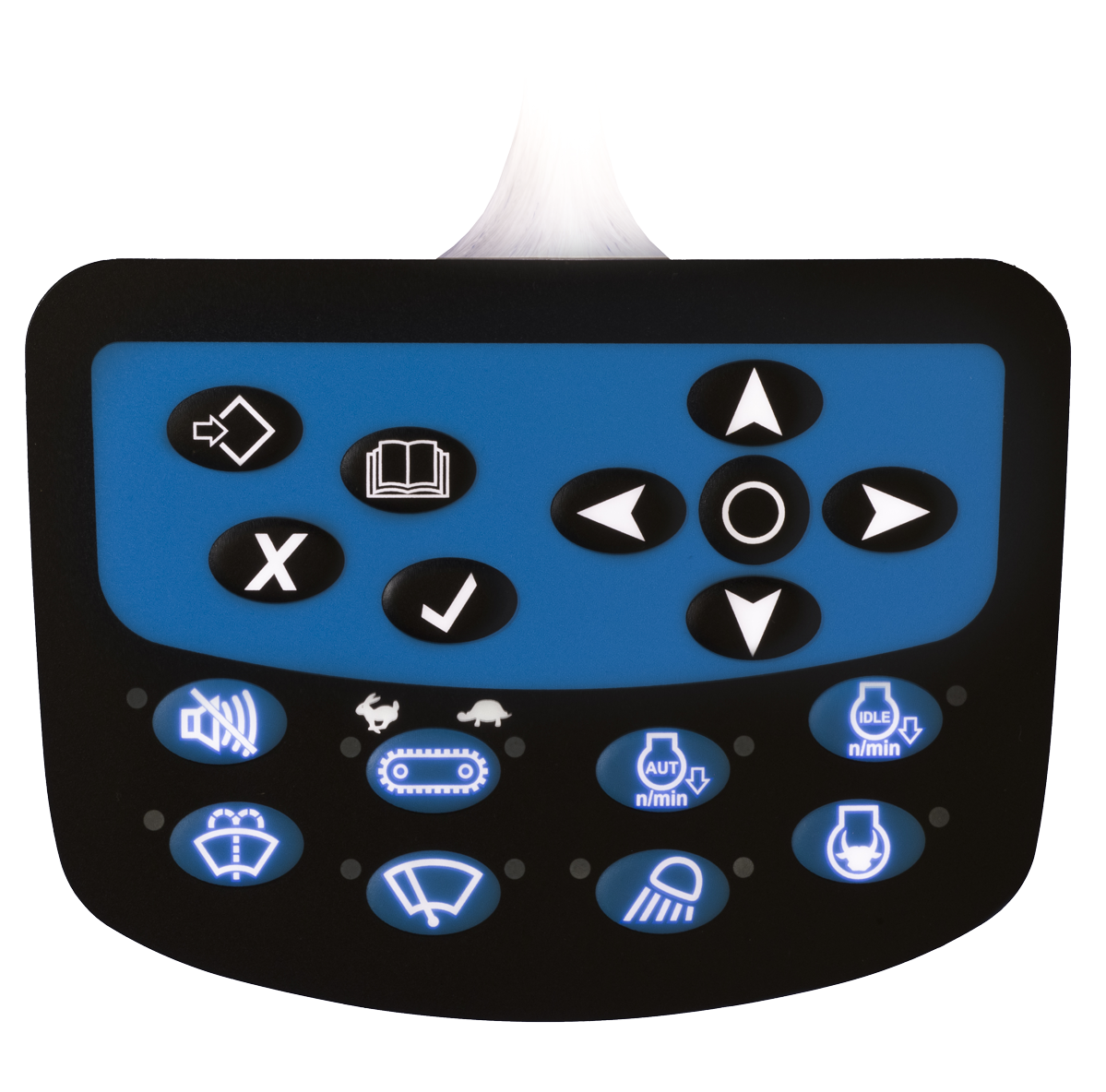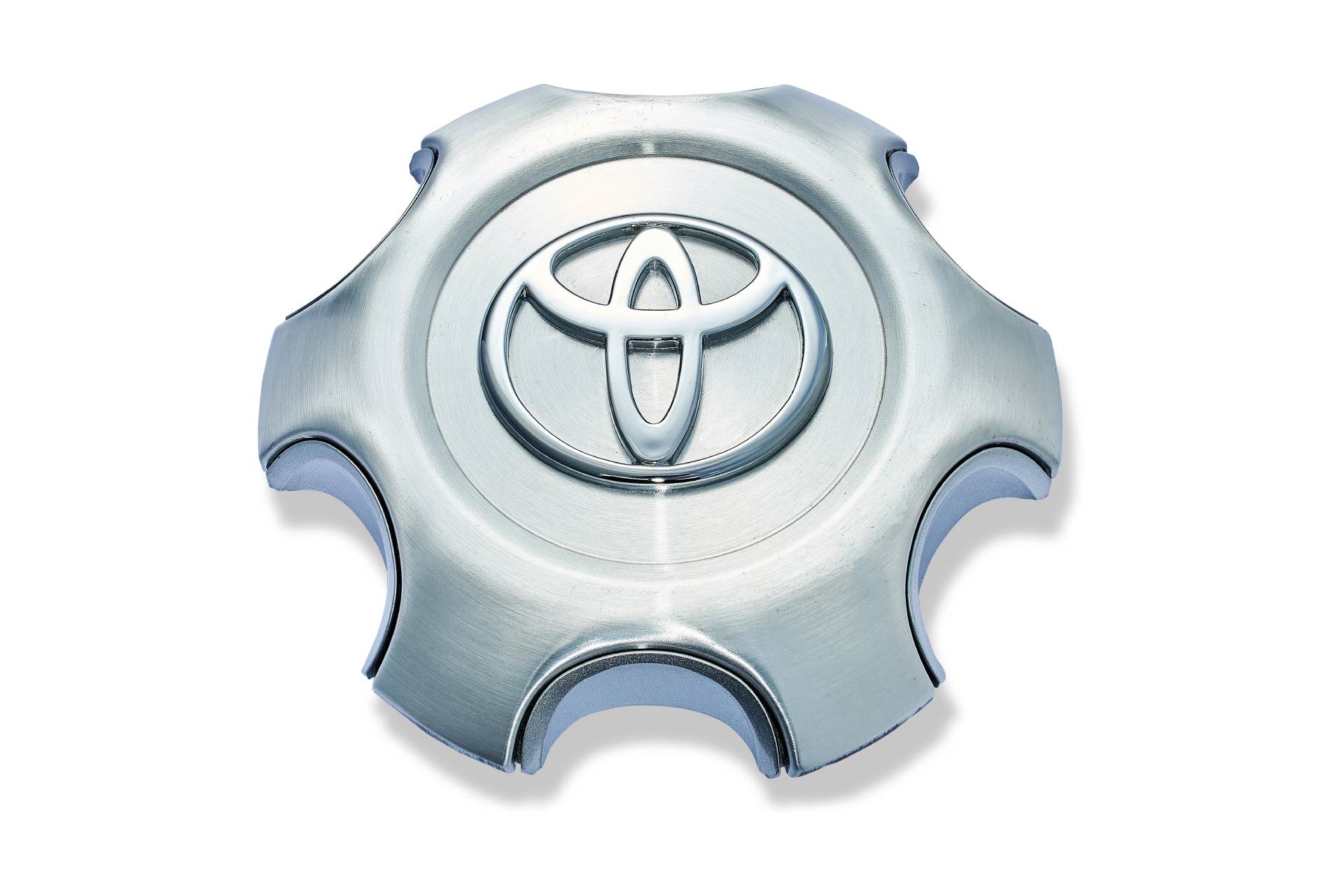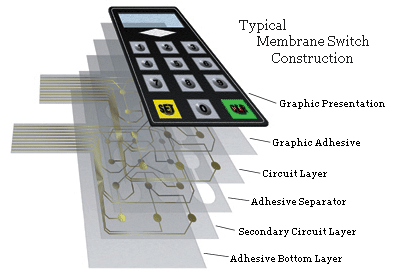Recognizing the Value of Membrane Switches in Interface
Membrane switches are essential parts in the style of effective customer interfaces, assisting in not only capability but additionally improving visual charm and user communication. Their distinct functions, such as resistance to environmental aspects and customizable layouts, make them suitable for a diverse selection of applications across numerous industries. As we check out the various advantages and future trends connected with Membrane technology, it comes to be clear that these buttons are greater than simply parts; they represent a convergence of technology and practicality. The effects of this technology on individual experience are worth taking a look at further.
What Are Membrane Switches?

The spacer layer, which consists of sticky buildings, allows for the splitting up of the circuit layer from the overlay, making certain that the button stays in a non-activated state until pushed. When stress is applied to the overlay, it compresses the spacer layer, linking the space and completing the circuit in the underlying layer. This design not just minimizes the physical area required for typical mechanical buttons but also boosts the toughness of the device, as Membrane switches are generally immune to dust, moisture, and various other environmental factors.
Generally discovered in applications varying from customer electronics to clinical tools, Membrane buttons are important to modern technology, offering a straightforward and effective interface that lines up with contemporary layout requirements.
Benefits of Membrane Switches
While countless switch modern technologies exist, Membrane Switches offer unique benefits that make them especially preferable in different applications. One of the key benefits of Membrane switches is their small layout, which permits space-saving executions in devices where property is restricted. Their thin account not only improves visual appeal but likewise promotes lightweight building.
An additional significant advantage is their resistance to ecological factors. Membrane buttons are generally secured versus dampness, dust, and pollutants, making them excellent for use popular atmospheres, such as clinical tools and industrial devices. This longevity extends the lifespan of the switch, minimizing upkeep costs and boosting reliability.
Additionally, Membrane buttons can be tailored to fulfill specific design requirements, integrating special graphics and shades that boost customer communication. Their responsive feedback options can also be tailored to provide a rewarding individual experience. Additionally, Membrane switches are cost-effective, particularly in high-volume applications, as they can be produced efficiently.
Applications in Various Industries

In the customer electronic devices sector, Membrane switches are prevalent in tools such as microwaves, cleaning devices, and remote controls. Their responsive feedback and visual choices boost individual experience while providing a streamlined, contemporary appearance. Furthermore, vehicle producers make use of Membrane buttons in dashboard controls and infomercial systems, where space browse around this site is restricted, and user involvement is crucial.
In addition, the industrial field leverages Membrane buttons in control panels for equipment and equipment, enabling for intuitive procedure in often rough environments. Their resistance to chemicals and wetness ensures longevity and dependability in these applications. On the whole, the versatility of Membrane Switches contributes dramatically to their widespread usage, making them indispensable in different technical domains.
Design Factors To Consider for Membrane Switches

When developing Membrane buttons, numerous key considerations should be thought about to make certain optimal performance and customer experience. Firstly, the choice of materials is vital; choosing resilient, high-quality substrates can enhance the switch's longevity and resistance to environmental variables such as wetness and temperature level fluctuations.
Second of all, the style of the graphic overlay ought to prioritize clarity and ease of usage. Symbols and text should be clear, and the layout should facilitate instinctive communication (membrane switches). Furthermore, tactile feedback is essential; including a responsive dome or other mechanisms can boost the customer experience by offering physical confirmation of activation
An additional crucial aspect is the switch's electric efficiency. Designers have to make sure that the conductive traces are correctly designed to decrease resistance and prevent signal interference. This involves assessing the called for actuation force and ensuring compatibility with the digital components they will certainly interface with.

Future Fads in Membrane Innovation
As technology continues to advance, Membrane switches are positioned to evolve dramatically, driven by developments in products and manufacturing methods. One arising trend is the consolidation of innovative materials, such as versatile substratums and conductive inks, which improve durability and decrease the total weight of click to read more Membrane switches. These materials not just improve the tactile action yet also enable for the style of buttons that can withstand harsher environmental conditions.
Moreover, the assimilation of touch-sensitive modern technologies is transforming standard Membrane Switches right into even more interactive user interfaces. Capacitive touch sensors embedded within Membrane button panels can give a much more intuitive and responsive user experience, lining up with the expanding need for smooth, modern-day layouts in customer electronic devices.
Additionally, advancements in printing techniques, such as digital and 3D printing, allow fast prototyping and personalization of Membrane buttons. This versatility enables makers to react a lot more swiftly to market needs and consumer preferences.
Finally, sustainability is ending up being a significant focus, with makers checking out green materials and processes. As these trends unravel, the future of Membrane technology assures enhanced performance, aesthetic charm, and ecological obligation, strengthening their role in innovative customer interfaces throughout numerous markets.
Final Thought
Finally, Membrane Switches represent an important component in the style of interface, combining functionality with visual versatility. Their advantages, consisting of longevity and resistance to ecological elements, make them suitable for varied applications across various sectors. Thoughtful style factors to consider enhance customer interaction and experience. As advancements news in modern technology continue, the evolution of Membrane switches is anticipated to further fine-tune interface, driving innovation and boosting usability in a significantly complicated technical landscape.
Membrane buttons are essential elements in the design of efficient individual interfaces, facilitating not only functionality yet likewise improving visual appeal and customer communication.Membrane Switches offer as a vital element in various user interfaces, promoting a smooth communication in between users and digital gadgets.While countless switch innovations exist, Membrane Switches offer distinctive advantages that make them particularly desirable in different applications.Additionally, Membrane buttons can be tailored to meet details design needs, including unique graphics and colors that enhance user interaction.In conclusion, Membrane Switches stand for a vital component in the design of user interfaces, combining functionality with aesthetic flexibility.